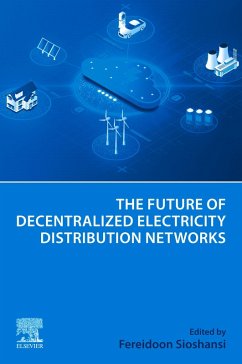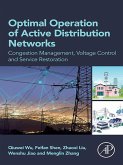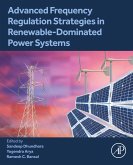As they do so, the "utilities" - be they distributors or retailers - must rethink the traditional utility business model. How will they find sufficient revenues to cover their fixed and variable costs as volumetric consumption declines when some consumers become prosumers - or go a step further and become prosumagers? This work argues that new service, business models and new methods for collecting sufficient revenues to maintain the network are mandatory for the survival of modern utilities.
- Examines the future of services demanded by electricity customers as some diverge from their traditional total reliance on the network for delivery of all their service needs
- Reviews the emergence of new business models to meet the diverging needs of customers
- Explores the costs imposed by new types of customers on the delivery network and how to collect sufficient revenues from all to maintain it in ways that are efficient, equitable and fair
Dieser Download kann aus rechtlichen Gründen nur mit Rechnungsadresse in A, B, BG, CY, CZ, D, DK, EW, E, FIN, F, GR, HR, H, IRL, I, LT, L, LR, M, NL, PL, P, R, S, SLO, SK ausgeliefert werden.









